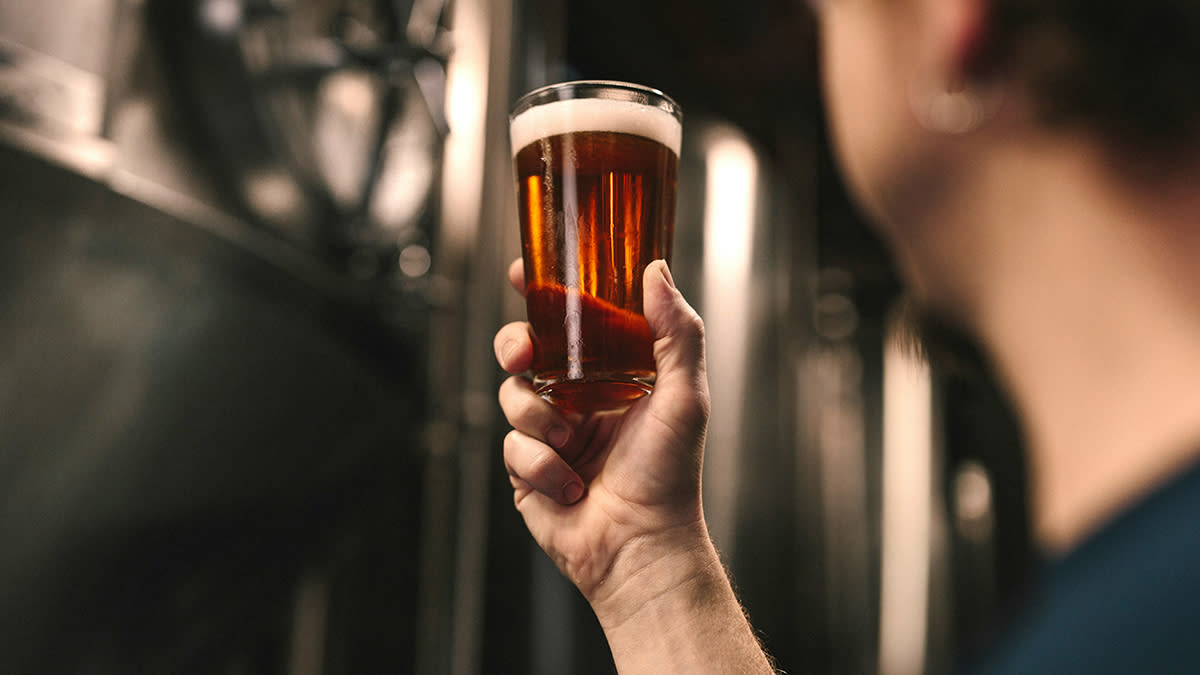The Craft Beer Boom Is Over, So Bars and Breweries Are Cutting Back

After the boom comes the bust—which the world of craft beer is now learning.
While small breweries in the United States experimented with dozens or even hundreds of brews over the past decade or so, it’s just no longer Americans’ drink of choice, The New York Times reported recently. In response, those producers—and the bars and stores selling their beers—are paring back, creating and offering fewer options, sometimes even just one or two at a time.
More from Robb Report
Here's What We Know About Goose Island's Beloved Bourbon County Stout Beer for 2023
San Francisco's Oldest Craft Brewery Is Shutting Down After 127 Years
“It’s not how many beers we can make,” Mike Fava, a founder and the director of operations at Sacred Profane Brewing in Biddeford, Maine, told the Times. “It’s how many things we can do with the beers.”
Sacred Profane, for example, brews just two beers at a time: a pale lager and a dark lager. That gives Brienne Allan, the brewmaster and president, the ability to really home in and perfect the recipes. As for the guests, although their alcoholic options may be limited, they can choose how much foam they want and whether they want their beers blended or mixed with lemonade. Suppliers, meanwhile, appreciate the small selection, Fava said.
Sales of craft beer have been steadily declining, as drinkers increasingly opt for spirits or canned cocktails—or cut out alcohol completely. As of November, store sales had dropped 5.3 percent by volume from a year earlier, The New York Times noted. At restaurants and bars, people bought 6.7 percent less craft beer. Even major supermarkets like Whole Foods are stocking less of the stuff: The chain started cutting back about six years ago to make more space for drinks like hard seltzer. And while it’s no longer limiting options, it is asking more of the brands it sells, Mary Guiver, Whole Foods’s principal category merchant for beer, told the newspaper.
The decrease in options hasn’t bothered beer drinkers or brewers, as they become more loyal to a few specific beers rather than playing the field. Colin McFadden, who was head brewer for over a decade at Tired Hands Brewing in Ardmore, Penn., used to make hundreds of limited-edition pours. Now, as the owner of the bar and restaurant Meetinghouse in Philadelphia, he offers only five beers.
“Some choice felt necessary, but too much choice felt problematic,” he told the Times. “I’ve had very few people be like, ‘Why are there so few beers?’”
Per the saying, if the quality is up to snuff, the quantity doesn’t much matter.
Best of Robb Report
Why a Heritage Turkey Is the Best Thanksgiving Bird—and How to Get One
The 10 Best Wines to Pair With Steak, From Cabernet to Malbec
Sign up for Robb Report's Newsletter. For the latest news, follow us on Facebook, Twitter, and Instagram.

